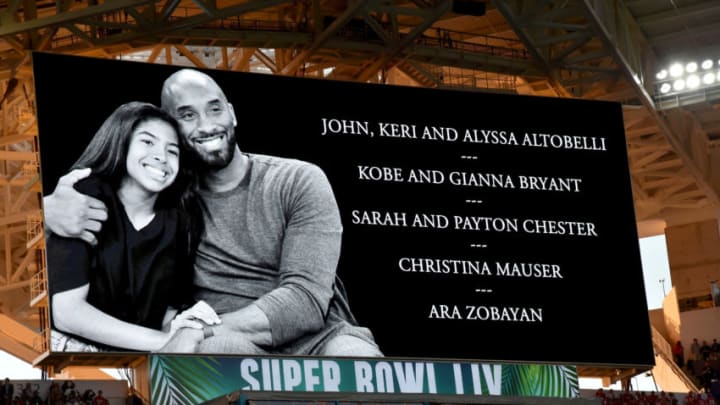
The passage of a little bit of time since the tragic death of Kobe Brant along with his daughter and seven other helicopter passengers has allowed us to gain some perspective.
It was nearly impossible not to be emotionally impacted by the tremendous outpouring of heartfelt tributes from old teammates, rivals, NBA executives and fans for Kobe Bryant. Tears were shed in households around the world.
Although, of course, I didn’t know it at the time, I moved to California a week after Kobe was born. The first time I heard of him was nearly 18 years later when I thought Jerry West, then the Lakers General Manager, was off his rocker for trading the Lakers starting center, Vlade Divac, for the rights to Bryant.
Kobe was only the second player drafted directly out of high school in the previous 20 years. And in my defense, over the next 20 years, for every Bryant, Kevin Garnett, Tracy McGrady, LeBron James and Dwight Howard, there were high first-rounders Jonathan Bender, Darius Miles, Kwame Brown, Eddy Curry and DeSagana Diop. Yes, it took courage to risk your team’s future on the shoulders of someone so young.
But once I saw Kobe play, I quickly realized that West, an outstanding judge of talent, had proven again that he knew exactly what he was doing. Bryant was a basketball prodigy, immensely gifted and absurdly driven. He was and still is the closest we’ve ever seen to the greatest NBA player of all-time, Michael Jordan.
In his first two seasons, the only obstacle holding him back from immediate greatness was Lakers Coach Dell Harris, who demonstrated that he was far less enlightened than West. Harris played Kobe only 15 minutes a game his rookie season and 26 his second, costing Bryant a likely 2,000+ career points and holding down his lifetime average to 25 points per game. For the final 18 seasons of his career, Kobe averaged nearly 26.7 PPG.
But the point here is not to quibble about statistics or Kobe’s deserved placement among the all-time greats. Rather, it’s to measure what his true legacy is. Three areas come to mind.
